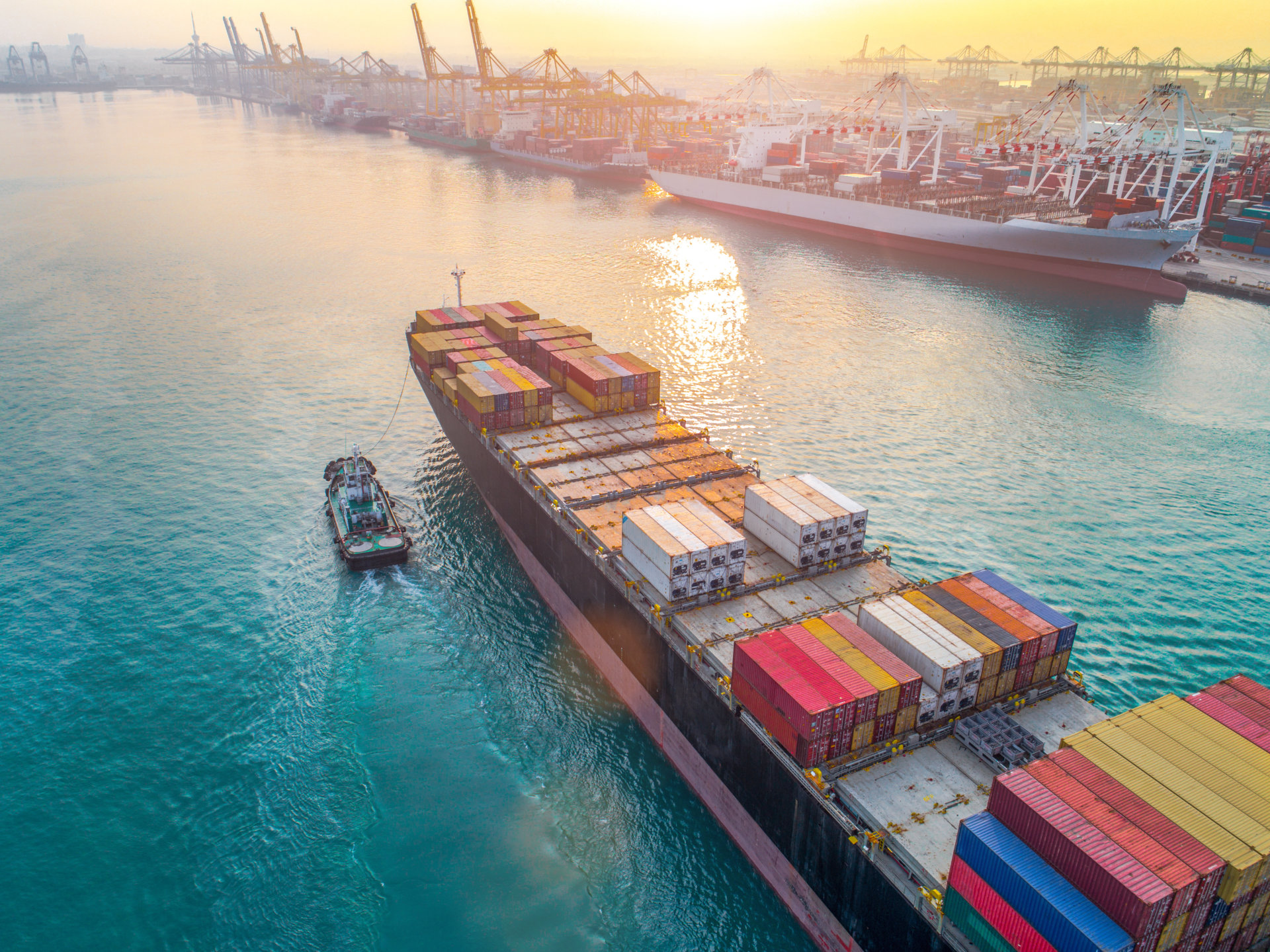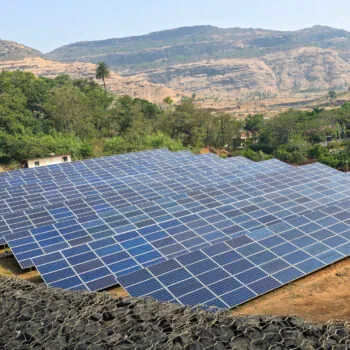Border carbon adjustments (BCAs) are among the most controversial elements of the European Commission’s European Green Deal. They are technically difficult to design and politically challenging to implement. But they could answer a specific need: offering a long-term answer to industry concerns over international competitiveness and helping to drive global climate action.
This brief focuses on the politics of BCAs and how best to navigate them. It looks at alternatives to BCAs, highlighting low-carbon product requirements as a preferred option, and maps out the politics surrounding these measures within and outside Europe.
No matter which tool it picks – BCAs or product requirements, the EU will need to build a complementary cooperation agenda for it to succeed. This requires not just a WTO-compatible mechanism, but a strategy to encourage other countries to partner with the EU on design and implementation. This strategy must include a credible offer for those partners on trade relations and technical and capacity support as part of broader European Green Deal diplomacy.
The EU will need to:
- Consult with trade partners throughout. Significant diplomatic effort will be required to demonstrate that BCAs do not amount to protectionism and to explain their true (limited) impacts on trade. The Commission should ensure that the analysis of the cross-border effects of BCAs are integrated into impact assessments for these policies. Such an assessment would need to focus on developing countries and on major trade partners.
- Seek to build coalitions. The EU should try to develop a coalition with other jurisdictions that are seriously engaging in carbon pricing and/or have signed up to pledges to decarbonise heavy industry. The EU will also need to engage in dialogues with developing countries on how BCAs might affect them and what technical and financial assistance measures might be taken to manage any impacts.
- Offer partners a “package deal”. The EU should seek to turn a potentially negative issue, BCAs, into a broader and more positive discussion with international partners on how to accelerate the decarbonisation of heavy industries. BCAs should be addressed as part of a set of issues, including coordination on ambition, technology, standards, policy learnings and sustainable finance to help develop low carbon industrial sectors in partner countries.
Read the full briefing, Navigating the politics of Border Carbon Adjustments, here.
Image by By Idanupong on Adobe.


